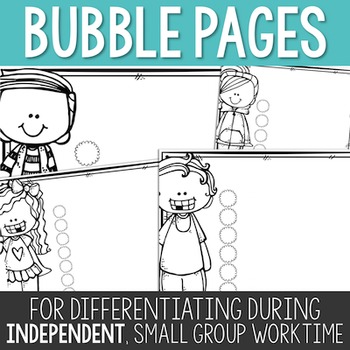On p.188-189, Sammons presents a chart of effective uses for Math Workshop. She suggests the following components as activities students can engage in during Workshop:
- review of previously mastered concepts
- math fact automaticity
- math games
- problem-solving practice
- investigations
- math journals
- computer use
- math related to other subject areas
One of the keys to having a successful Math Workshop is management. Routines, procedures, and expectations need to be explicitly taught and reviewed in order for students to be engaged in Workshop, freeing the teacher up to work with small groups. The management aspect that struck me the most was taking the time to observe Math Workshop to see where problems are. This can also be done in an engagement inventory to see who is engaged during Workshop and who needs some coaching on behavior and expectations. I have the habit of wanting things in September to look like they would in January. I know that this is only going to set my students up for failure, so I'm focused this year on really establishing the community of learners that will participate in Math Workshop.
Last year, I used a work station check list to organize for my version of Math Workshop. This year I plan to use The Primary Gal's Differentiating during Independent Work Time bubble sheets (which you can win in the giveaway below!). My goal with this is to provided differentiated independent activities from the various components I listed above. For example, at the beginning of the year I want to review basic addition and subtraction facts for automaticity. Knowing some of my students as 2nd graders last year, some have mastered this and others still need daily practice. Using these bubble sheets I will have my students who need the practice do this activity more times than the students who don't. Simple yet differentiated for each student's needs!
I think the greatest thing about Math Workshop is the ability to meet so many of the learning goals for your class. I love task cards and know that they will be an integral part of my Workshop. The great thing about them is they can be used to reinforce current topics, as well as review those important topics that have been previously taught. Just looking at the different activities that can be completed during Workshop, a variety of learning styles and intelligences will be hit upon, which is great for students. Overall, I think the flexibility of Math Workshop is beneficial for us as educators as well as for our students! I can't wait to get it up and going in the fall!
a Rafflecopter giveaway










Loved this great post. Math is going to be my focus next year for my professional development plan. I look forward to reading more of your math posts.
ReplyDelete